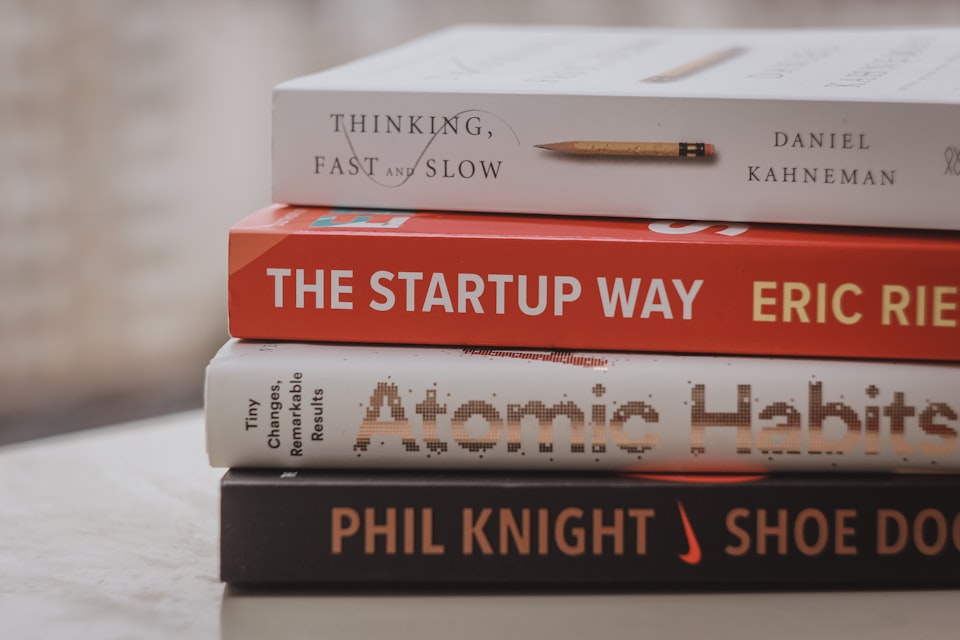The ‘All or Nothing’ Startup Fallacy

Starting a business can be a scary proposition. The odds are overwhelmingly stacked against you.
According to the Australian Bureau of Statistics, more than 60 percent of small businesses cease operating within their first three years of existence. Despite this, new businesses are formed every day with the dream of being the 40 percent who succeed.
If you listen to much of what is said about starting a business, you’d be forgiven for thinking that you had to sell your home, quit your job, take out an exorbitant loan and ‘risk it all’ to succeed.
I can recall reading a quote a number of years ago that went something like this, “if you’re not willing to leave your job and put your house on it, then your idea isn’t worth pursuing.”
I don’t believe it.
There is no way I would have quit my job and gone ‘all in’ on Teach Starter from day one. I thought it was a good idea, but that wasn’t enough validation for me to upturn my life for it. I needed to see a product, customers and sales.
Most people work eight to ten hours a day. That leaves plenty of time outside of ‘work’ hours for other pursuits. Use that time to start your new venture. Use your 9-to-5 paycheque to fund your new business.
When Jill and I started Teach Starter, we made a commitment. Put in two years of hard work and see where we ended up. That meant spending time on the business every single day for two years. No excuses.
We knew that the potential upside was worth the risk of two years trying and failing, or far worse, not trying at all. Even if we failed, we knew we would learn some valuable lessons along the way.
The first few months were tough, but after the habit was formed, it became our normal. We spent weeknights designing resources, weekends replying to emails and comments, and early mornings checking requests and sharing on social. I left a football match at half time to revive a crashed website. We even solved customer support tickets on Christmas day!
By relying on the security of our jobs, we were able to invest every dollar earned through the business straight back into it. We were the definition of a bootstrapped startup. Without external funding, every dollar mattered. We scrutinised our ad spend. We hired three staff before we took our first paycheque.
“We hired three staff before we took our first paycheque.”
Our day jobs gave us leverage and flexibility. They gave us the runway to keep at it until we succeeded. Without our jobs, we would have been looking for work before Teach Starter even had a chance to succeed.
It is through my experience that I believe the ‘all or nothing’ startup story is a myth.
For some people, it’s the right approach. But, it is just one of many approaches to starting a business and by no means the only.
Quitting your job and going all-in isn’t a substitute for strategy and execution. Sure, it gives you more time each day, but, that’s only useful if you spend it wisely.
So that’s why I’m here to tell you that you don’t have to go all-in from day one. There’s nothing wrong with starting small and dreaming big.
Regardless of the time you have and the risks you’re willing to take, the most important skill to cultivate is discipline and the riskiest move is to do nothing at all.
They’re both topics for another time.
